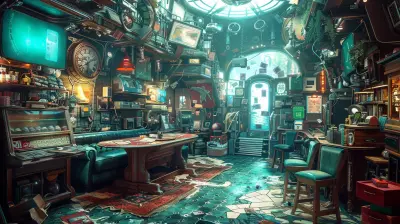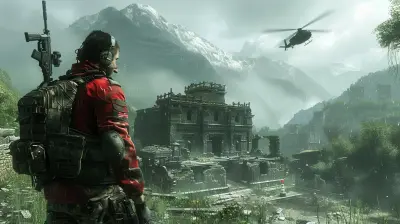Quests That Changed Player Choices Forever
14 November 2025
Ever had a game moment that made you put the controller down just to think about what you’d done? Some quests in video games don’t just offer loot or XP—they shake your moral compass, test your loyalty, and change how you play the rest of the game. Let’s dive into some iconic quests that weren’t just missions—they were milestones. These are the quests that changed player choices forever.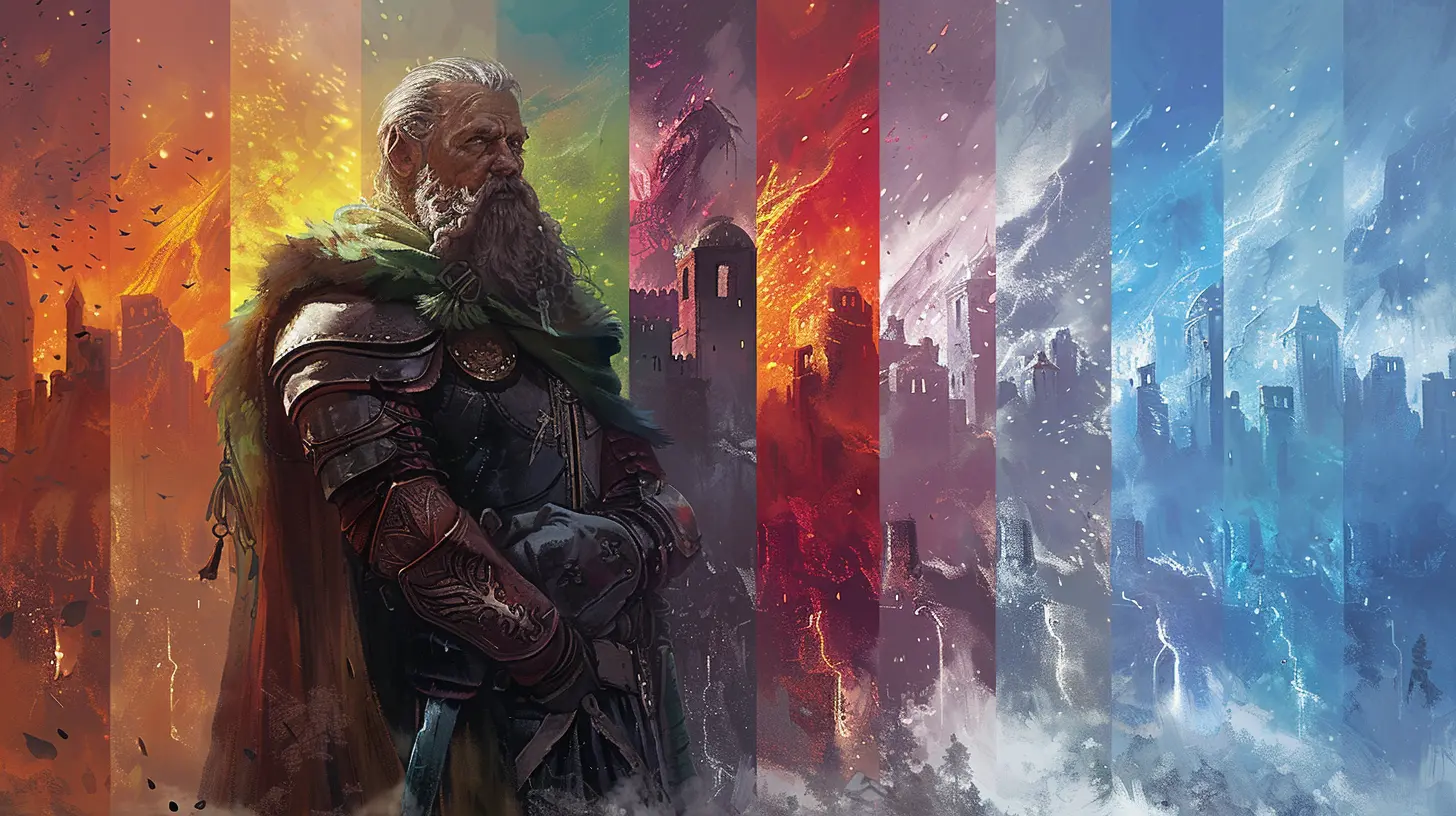
What Makes a Quest Truly Impactful?
Before we deep-dive into specific quests, let’s talk about what makes a quest unforgettable. It’s not just the writing or the plot twists—it’s the power to influence your entire gameplay. This means altering your alignment, changing which characters live or die, or even determining the fate of entire civilizations in-game.Games have matured a lot over the years. What was once just “go here, kill that” has evolved into narrative rollercoasters where your decisions echo long after the credits roll.
1. “No Russian” - Call of Duty: Modern Warfare 2
Let’s start with the one that sparked global debate.You’re a CIA operative undercover in a Russian terrorist cell, and your mission? Walk into an airport and gun down civilians. The game even gives you the option to skip the level due to its disturbing content.
But here’s the kicker: Whether you shoot or not, the outcome is the same—you’ve just become a pawn in an international conspiracy.
This mission wasn’t about choice as much as it was about emotional consequence. It made players question their accountability and the role of morality in FPS games. It blurred the line between gameplay and ethics and left a lingering discomfort—even guilt.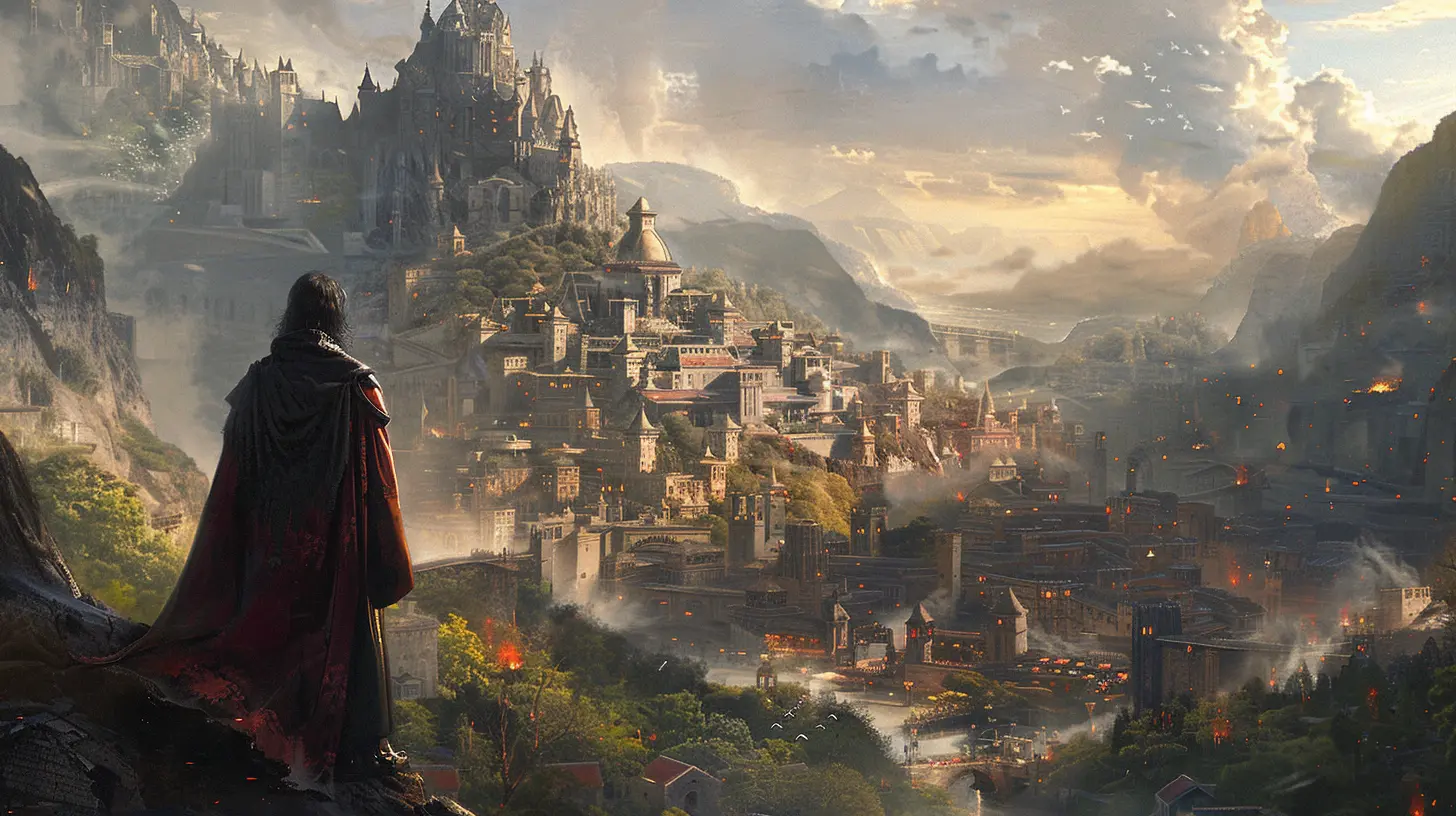
2. “The Witcher 3: The Bloody Baron” - A Moral Gray Area Done Right
The Witcher 3 is packed with meaningful quests, but none are quite like The Bloody Baron.On the surface, it’s a quest to find a missing wife. But peel back the layers, and you’re stuck in a gut-wrenching narrative about domestic abuse, alcoholism, grief, and choices that don't have a “right” answer.
Do you help the Baron? Is he even worth helping? None of the endings feel good because that’s life—it’s messy, complicated, and sometimes you're just choosing the lesser evil. This quest forever changed how players approached side content in RPGs. It wasn’t just a detour; it redefined narrative-driven side quests.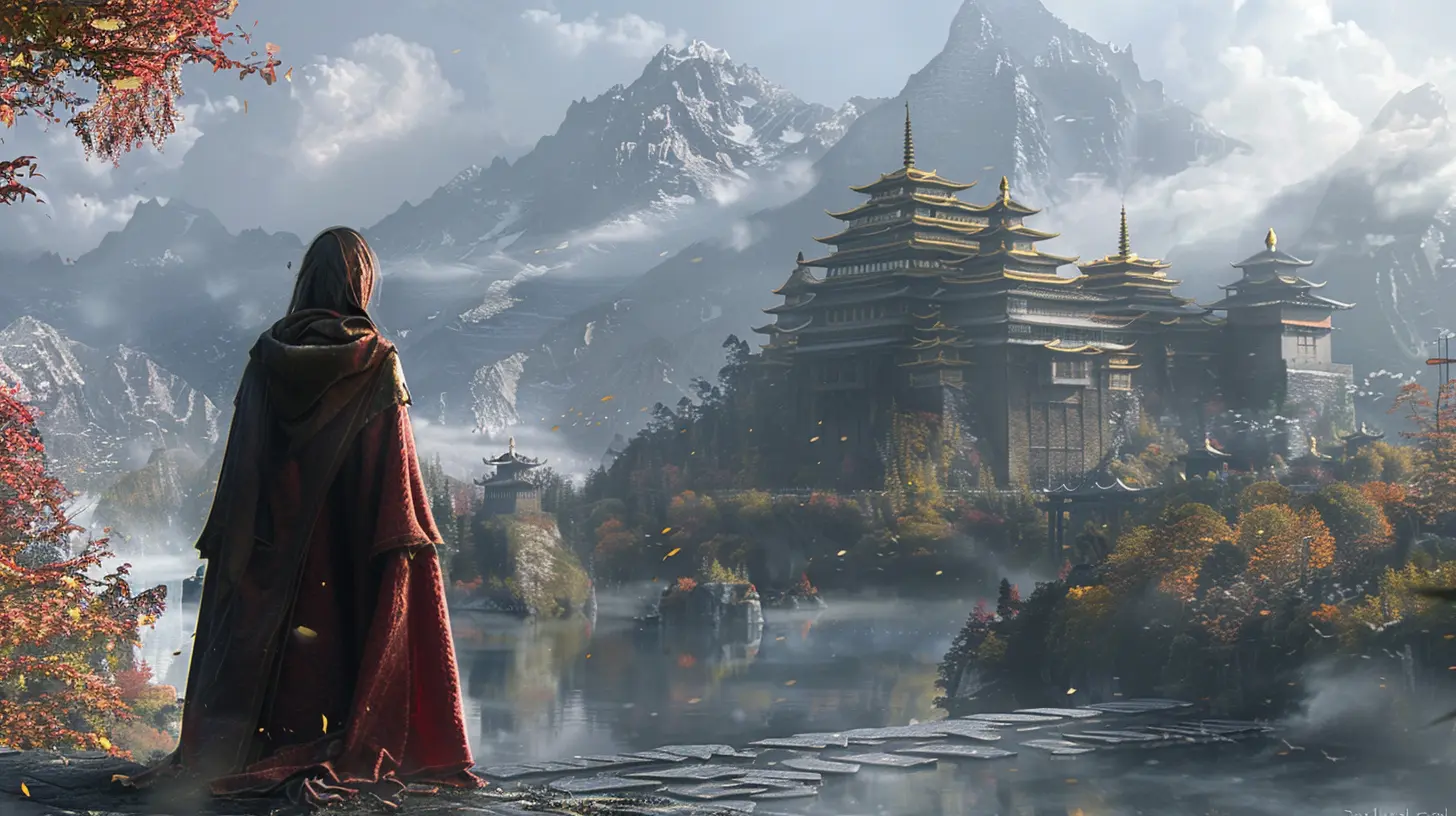
3. “Tali’s Loyalty Mission” - Mass Effect 2
Mass Effect lives and dies by your choices, and Tali’s loyalty mission is one that sticks.You’re asked to defend Tali against charges of treason from her own people. Depending on what you say—how well you've developed your relationships, and your Paragon or Renegade levels—Tali might leave you, or worse, die.
But it’s not just about her. Your decision affects the political landscape of the quarian fleet and comes back around hard in Mass Effect 3.
This mission made players realize how deeply woven their choices were. Friendship, politics, and sacrifice—all wrapped in one emotionally intense courtroom drama in space.
4. “A House Divided” - Fallout: New Vegas
Fallout: New Vegas is full of faction-based chaos, but “A House Divided” slices right to the heart of your loyalties.Do you stick with Mr. House, go rogue, or back one of the other major factions vying for control of the Mojave Wasteland?
The choice isn’t just about who gets to rule—it’s about your worldview. Do you believe in order? Freedom? Chaos? Utopia?
There’s no perfect answer, and no matter what you pick, things won’t go entirely your way. Players learned they weren’t just participants in the story—they were co-authors of the apocalypse.
5. “Undertale – The Genocide Route”
At first glance, Undertale is a quirky, pixelated RPG that’s all about love and mercy. But take the path of destruction, and you’re in for a ride.The Genocide Route flips everything upside down. Characters beg for their lives. Familiar scenes become twisted. And the game remembers what you’ve done—even if you reset your save.
It doesn’t just guilt-trip you—it punishes you narratively. This route isn’t about gameplay skill—it’s a psychological horror dressed in cute clothes.
Undertale taught players that choices don’t just shape endings—they shape you as a player. It smashed the concept of save-scumming and turned every run into a moral compass check.
6. “Kaidan or Ashley” - Mass Effect 1
Yep, Mass Effect again. Why? Because Bioware understood the weight of choice better than almost anyone at the time.In this mission, you can only save one of your two squadmates—Kaidan or Ashley. It’s not just about who you liked more. It’s about who you trusted to carry the mission forward. There's no going back, no do-over.
This was one of the first times players were forced to make a major sacrifice, with real consequences in future games. It was raw, brutal, and unforgettable.
7. “The Dark Brotherhood – Skyrim: ‘With Friends Like These…’”
You wake up in a shack. Three strangers kneel before you, and Astrid—the leader of the Dark Brotherhood—asks you to kill one.Wait… what?
This quest throws players into the deep end of moral ambiguity. Should you comply or rebel? No matter what you choose, the decision sets the tone for an entire dark subplot filled with murder-for-hire, betrayal, and power struggles.
Skyrim had tons of quests, but this one was a moment of pure “what now?” energy. It forced you to ask: how far are you willing to go to join the darkest guild in the game?
8. “Red Dead Redemption’s Final Moments”
Technically not a quest, but undeniably one of the most powerful narrative choices in gaming.John Marston wants out. He’s done the dirty work, paid his dues, tried to become a better man. But the world doesn’t care. He still gets gunned down by government agents.
What makes this moment hit so hard? You don’t choose it in a dialogue box, but everything you did up to that point—helping your family, trying to be good—makes it feel like your ending.
Then you play as Jack, John's son. And when you get your revenge, it feels… empty.
This was storytelling at its peak, proving that not all choices are active—sometimes, it's the journey that makes the ending hurt.
9. “Spec Ops: The Line – The White Phosphorus Scene”
This one's not for the faint of heart.You’re pinned down, outnumbered, and your only option to survive is calling in a white phosphorus strike. You do it. You win. Or so you think.
Then you walk through the aftermath, and the camera lingers on human devastation. Civilians. Burned alive. It's gut-wrenching.
And here’s the kicker: you had no real choice. But the game makes you feel like you did. That's Spec Ops' genius. It uses the illusion of agency to drill home the horrors of war and the psychological toll of violence.
It's gaming’s answer to "Apocalypse Now"—a dark, haunting critique of heroism and blind obedience.
Why These Quests Matter So Much
Games are more than just entertainment—they're simulations of life, morality plays, and sometimes brutal reminders of cause and effect. These quests stick with players not because they’re hard, but because they’re heavy.They make you question what kind of person you are in-game—and maybe even out of it. They redefine what storytelling in games can be. Not just branching paths, but divergent realities shaped by your intent.
And let’s be real—no one forgets the first time a quest made them sit back and whisper, “Did I just do the right thing?”
Honorable Mentions (Because We Couldn't Leave Them Out)
- Dragon Age: Origins – The Fate of the Werewolves and Elves- BioShock – Harvest or Save the Little Sisters
- The Walking Dead: Season One – Clementine’s Fate
- Cyberpunk 2077 – Panam’s Ending or Rogue’s Path
- Detroit: Become Human – Kara’s Escape
Each of these could be a headline quest in their own right. They all make you feel something deeper than just pixels on screen.
Final Thoughts
Quests that change player choices forever? They’re the soul of modern gaming. We remember them not just for what happened, but for how they made us feel. In a world of scripted cutscenes and pre-determined endings, these moments gave us ownership of the narrative.And that's what makes gaming magical—it puts the story in our hands and dares us to own the outcome.
So next time you're standing in front of an NPC, deciding whether to save or sacrifice, just know: that moment might stay with you for years.
all images in this post were generated using AI tools
Category:
Quests And MissionsAuthor:

Lana Johnson
Discussion
rate this article
1 comments
Hunter Sullivan
This article brilliantly highlights how pivotal quests shape player decisions, creating lasting impacts on narratives and personal gaming experiences. A must-read!
November 15, 2025 at 5:58 AM

Lana Johnson
Thank you for your thoughtful comment! I'm glad you enjoyed the article and found the exploration of quests' impact on player choices valuable.
